Decarbonisation Scan
Is your company ready to act? The Energy Scan provides insight into opportunities to streamline your energy consumption and transition to sustainable energy sources, helping your business achieve its climate goals.
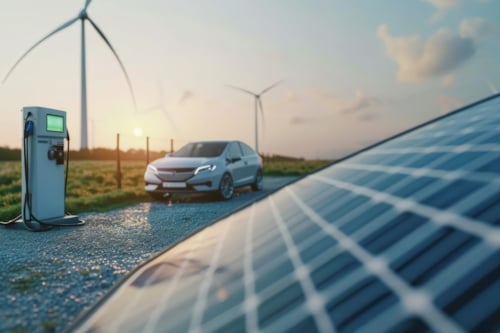

✓ One-stop-shop: knowledge of all sustainable energy solutions under one roof
✓ Proven quality for testing, certification and training
✓ Independent advice and assessment
✓ Concrete innovation steps with a tailored approach
✓ Quick action with our clear vision on the energy transition
Is your company ready to act? The Energy Scan provides insight into opportunities to streamline your energy consumption and transition to sustainable energy sources, helping your business achieve its climate goals.

Pressure Equipment Directive Quality certification with Kiwa: prove the safety and conformity of your pressure equipment, be ready for ISO 9001 and be competitive in the European market.
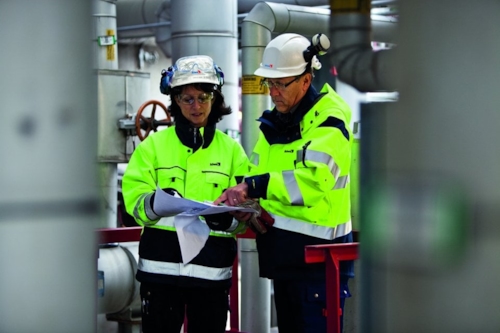
Our cutting-edge laboratory facilities are equipped with state-of-the-art technology and staffed by a team of experts who are passionate about advancing hydrogen solutions.

Kiwa has decades of experience in researching and analyzing materials and gases. In our analytical chemical laboratory, we offer high-quality analysis services (including polymers and bromine and fluorine compounds) and conduct qualitative and quantitative determinations of components in gaseous fuels.

Hydrogen is an interesting substitute to natural gas. Especially since research demonstrates that existing natural gas infrastructures can be made suitable for the distribution of hydrogen relatively easily. Kiwa anticipates with a new approval requirement (AR) 214 "Suitability for hydrogen gas".

Hydrogen will play an important role in the automotive sector as an alternative fuel for vehicles. Hydrogen cars produce no CO₂ emissions, only water vapor, have a long range and can be refueled quickly. Manufacturers of hydrogen tanks and components are currently setting up mass production. For this purpose metallic materials have to be tested to demonstrate safe use with hydrogen.

Natural gas, hydrogen gas and many other gases are naturally odorless. This can cause dangerous situations, for example if a leak or other incident occurs. Gases that are distributed via the Dutch gas network must therefore be scented with a so-called odorant.

Kiwa offers testing and development services of automotive components for LPG, CNG, LNG and hydrogen, as well as cyclic and climatic tests. We mainly test pressurized components and electronics.
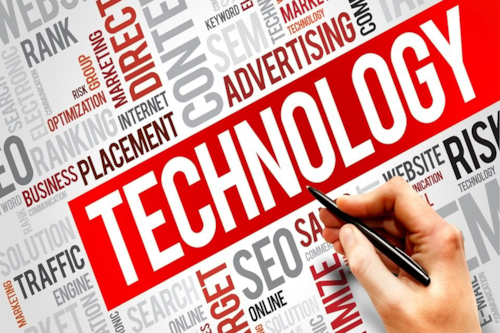
Kiwa Technology carries out feasibility studies to support gas traders, fleet owners and governments; to facilitate investment, safety, and provide an overview on the possibilities of alternative fuels CNG, LNG, H2 and CH2. To serve this objective, the study covers various aspects of the business concept development.
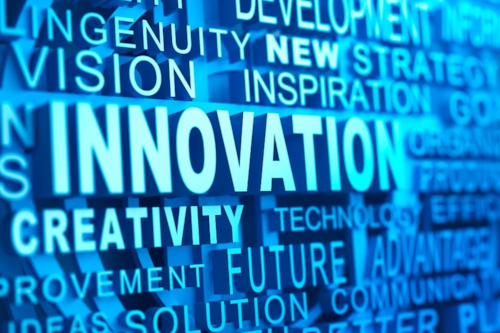
Network design for new areas or minor adjustments to existing networks is a determinant factor in the relationship between your investment costs and delivery reliability. You don't want to lay a large amount of pipeline capacity unnecessarily, but you do want to build in sufficient redundancy.

Irene Pro is a comprehensive and user-friendly analysis and calculation solution for gas networks. Developed by Kiwa, Irene Pro serves as an essential tool for numerous network operators in the construction, management and maintenance of gas networks.

How can your Smart Energy Hub prepare for a future where hydrogen plays a central role in the energy transition? Let’s explore some critical questions that can help your hub make strategic choices.
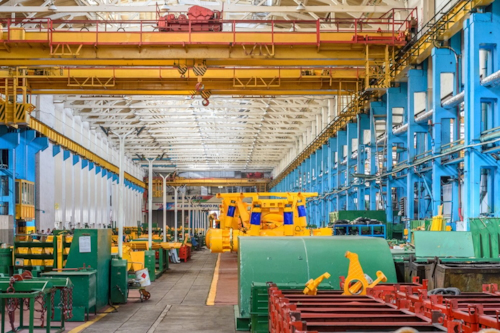
Kiwa is proud to collaborate with Hydriven, the student team from the University of Twente and Saxion University of Applied Sciences, focused on developing a hydrogen-powered race car for the Formula Student competition. In this video, the team shares insights about their race car and what they aim to achieve with it.

Many people think of hydrogen as something new—a futuristic technology that has only recently gained attention. This isn’t entirely true. Hydrogen has been used for decades in industrial processes. However, numerous misconceptions still surround hydrogen, especially as it gains prominence in the energy transition. Let’s debunk some of these myths.

Is your industrial organisation ready for the energy transition? Many Dutch industrial companies are facing increasing pressure to reduce energy consumption, driven not only by societal expectations but also by stricter regulations. With the ambition to achieve climate neutrality by 2050 and a CO₂ reduction of 55% by 2030, the government expects companies to actively contribute to decarbonization. The question is: how can your business prepare and what role can hydrogen play in this?
